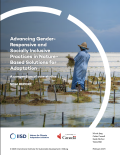
This report highlights how inclusive nature-based solutions can strengthen climate resilience for people and ecosystems.
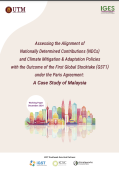
This report evaluates how closely the outcomes of first global stocktake align with Malaysia’s current NDCs and other climate policies for mitigation and adaptation.
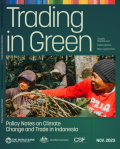
This study examines the carbon content of Indonesia's trade flows to assess how well the country is positioned to benefit from the global shift towards a low-carbon economy.
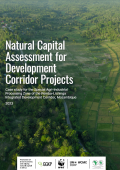
This report provides a contribution to the the Natural Capital for African Development Finance project by demonstrating a use case of natural capital approaches in an agricultural development project in Africa.
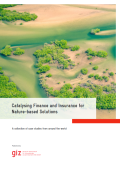
This report presents a variety of cases in which the private sector is supporting nature-based solutions in emerging markets and developing countries.
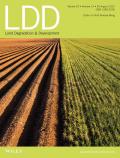
This case study examines India's readiness and the ramifications of targets on land degradation reduction and proposes embedding diverse knowledge systems by formulating related policies.
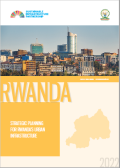
The case study details Rwanda's strategic planning approach to the development of an Eco-Tourism Park in line with the national green Growth strategy.
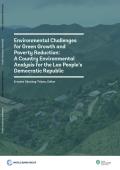
This report presents a state-of-the-art contribution of information to decision-makers in Laos who have an interest in achieving sustainable growth consistent with the 2019 National Green Growth Strategy.

This study sets out to strengthen the economic case for the government of Nepal to promote sustainable and inclusive tourism in its protected areas by estimating the direct and indirect benefits to local economies from protected area tourism.

Colombia’s largest marsh ecosystem, the Ciénaga Grande de Santa Marta (CGSM), has experienced substantial erosion since the 1950s, when a highway was constructed along Salamanca Island. The Government of Colombia has proposed to refurbish and expand the highway to make it more resilient to coastal erosion and sea level rise, and to accommodate increased vehicle traffic. The proposal was a conventional “gray” design.
